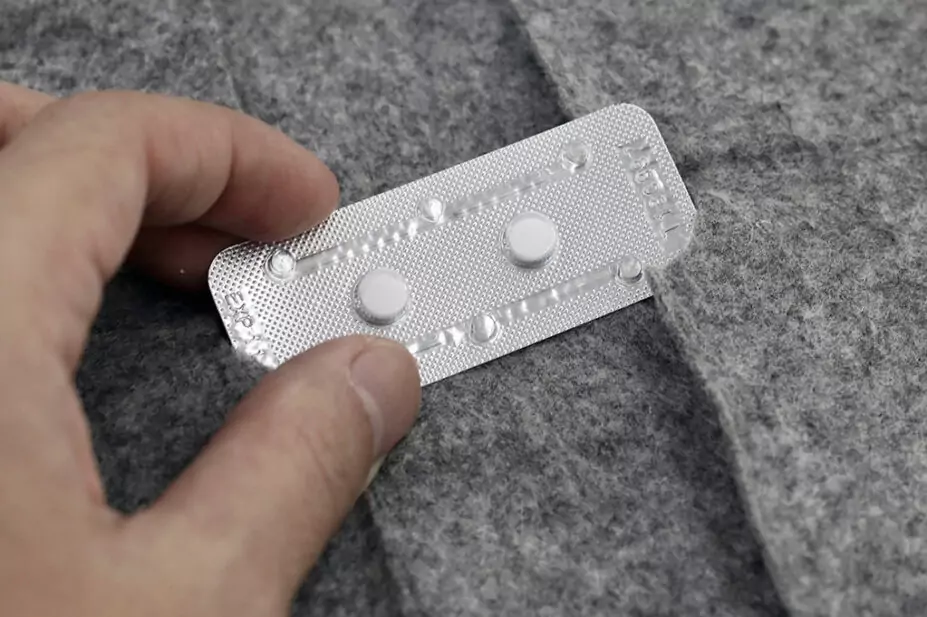
Shutterstock.com
Researchers have found that piroxicam, a non-steroidal anti-inflammatory (NSAID) drug, taken in combination with the emergency contraceptive levonorgestrel, is significantly more effective in preventing pregnancy than levonorgestrel alone.
The randomised controlled trial, published in The Lancet on 16 August 2023, was conducted at a major community sexual and reproductive health service in Hong Kong.
The researchers looked at 860 females, who required emergency contraception within 72 hours of unprotected sexual intercourse from 2018 to 2022.
The females were randomised in a 1:1 ratio to receive either piroxicam 40mg plus levonorgestrel 1.5mg or placebo plus levonorgestrel 1.5mg.
A follow-up was arranged at 7–14 days after their next expected menstrual cycle. In the absence of a normal period, a test was carried out to establish a pregnancy status. The primary outcome measure was determined as the percentage of pregnancies prevented from expected pregnancies.
Overall, the percentage of expected pregnancies prevented was significantly higher in the piroxicam plus levonorgestrel group (94.7%) compared with placebo plus levonorgestrel group (63.4%); with a risk difference of 31.3%.
The overall pregnancy rate was 0.2% (1 in 418) in the piroxicam group versus 1.7% (7 in 418) in the placebo group.
The result showed no significant differences between the two groups in the advancement or delay of their next period, or in the adverse event profile.
The researchers suggested that the synergistic contraceptive effect of piroxicam was a result of post-ovulatory mechanisms of action as well as those on ovulation. Levonorgestrel is only known to be effective prior to ovulation.
Commenting on the results, Janet Barter, president of the Faculty of Sexual and Reproductive Healthcare, said: “We welcome the findings of this new study which has the potential to improve the efficacy of emergency contraception, which is very exciting.
“We will undertake a full review of the study when it is available and issue guidance to our members,” she added.
Janet Nooney, expert scientific assessor in the Medicines and Healthcare products Regulatory Agency’s Benefit Risk Management unit, said the study raised an interesting possible improvement in emergency contraception, but she highlighted its limitations.
“The trial studied Chinese women within a relatively narrow age and body weight range and most women took the treatment sooner after unprotected intercourse than can occur in real-world usage.”
“Many other factors can contribute to failure of emergency contraception, including when in the menstrual cycle it is taken. The study size did not allow analysis of the impact of these factors, and it is not yet clear if the study’s findings could apply for routine use.”
Nooney also expressed her concerns on the safety profile of piroxicam, which is only licensed in the UK as second-line therapy for symptomatic relief of osteoarthritis, rheumatoid arthritis and ankylosing spondylitis.
“Importantly … oral piroxicam tablets are no longer recommended [in the UK] for acute pain relief or inflammatory conditions as it is associated with serious gastro-intestinal side effects and rare but possibly fatal skin reactions.”
“These side effects may limit its suitability for wider use in combination with emergency contraception,” she added.


